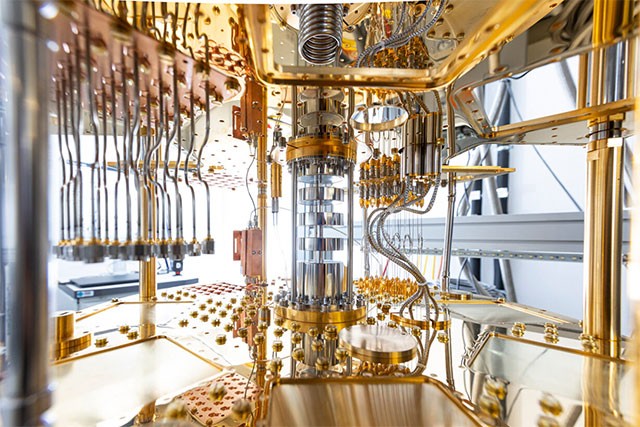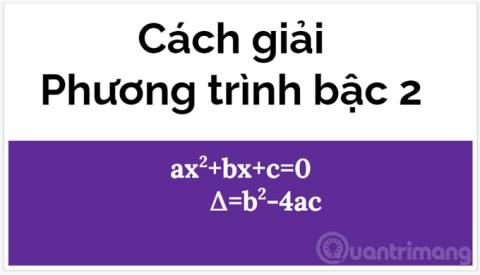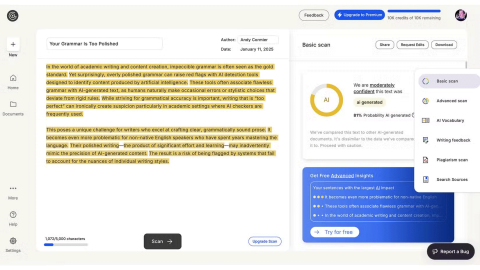What is the White Nights Phenomenon? The interesting causes of the white night phenomenon

What is white night? What is white night phenomenon? Let's learn about the interesting white night phenomenon together.
February has been an exciting time for quantum computing. Last week, the tech world was abuzz with the announcement of Microsoft’s Majorana 1 quantum computer, which featured a breakthrough in error tolerance thanks to topological qubits. Today, Amazon Web Services (AWS) continued to surprise by announcing its own quantum computer chip called Ocelot. This chip uses a new technology called cat qubits, which also offers breakthrough benefits in error tolerance, maintaining stable performance for the system.
Cat qubits (named after Schrödinger's cat experiment) are a method for creating stable logical qubits from just 9 physical qubits instead of the thousands required in current systems. As a result, the number of physical qubits required to achieve practical quantum computing can be reduced from around 1 million to 100,000 qubits, reducing hardware requirements while maintaining system efficiency and stability.

The most notable feature of AWS’s Ocelot quantum chip is its ability to reduce the cost of deploying error correction by up to 90%. AWS published its findings in a paper in the journal Nature, a major step toward making quantum computing accessible to industrial applications.
Speaking about the launch of Ocelot, AWS Quantum Hardware Director Oskar Painter, said:
With recent advances in quantum research, it is no longer a question of whether practical, fault-tolerant quantum computers will be available for real-world applications, but when. Ocelot is an important step on that journey. In the future, quantum chips built on the Ocelot architecture could cost as little as one-fifth of current approaches, thanks to a significant reduction in the amount of resources required for error correction. Specifically, we believe this will accelerate the path to a practical quantum computer by up to five years.
According to AWS, Ocelot consists of 14 main components. These include 5 data qubits (cat qubits), 5 buffer circuits to stabilize the data qubits, and 4 other qubits to detect errors in the data qubits. Amazon has also published a technical paper on Ocelot for those who want to dig deeper into the technical details.
Quantum computing is a complex topic, but we will hear more about breakthroughs in the field over the next decade, so it is useful to have a basic understanding of the basics to help pave the way for the next steps in quantum technology.

What is white night? What is white night phenomenon? Let's learn about the interesting white night phenomenon together.

There are many ways to lose weight without changing anything in your diet. Here are some scientifically proven automatic weight loss or calorie-burning methods that anyone can use.

Code Mukbang Tam Quoc attracts players not only with gameplay and characters but also launches a series of the most attractive game codes to give to players.

Dies Irae is a popular Japanese visual novel developed by Light. It focuses primarily on storytelling through visuals, audio, and text.

If you don't know how to move the refrigerator properly, please refer to our article below!

With just the simple steps below, you can completely turn your old refrigerator into a new one!

This series will be based on a network vulnerability. What will be introduced in the article is already a real attack, starting from reconnaissance to enumeration, exploiting network services and ending with exploitation strategies sending notifications. All these steps will be observed at the data packet level, and then explained in detail.

Luckily, there are a few antivirus tricks you can use to speed up the virus scanning process.

You deposit a lot of money into the game Lien Quan but do not know the details of your deposit status? Learn how to look up transaction history.

A quadratic equation is an equation of the form ax2+bx+c=0 (a≠0) (1). Solving a quadratic equation is finding the values of x so that when x is substituted into equation (1), ax2+bx+c=0 is satisfied.

Discover now the attractive giftcode series of Vo Lam Quan Hiep Truyen and collect free ingame items.

Shindo Life Code can be used by players to exchange for spins. And with those spins, players can use them to spin Bloodline Slot.

Although the situation of the TV losing its virtual keyboard does not happen much in current smart TV lines, it is not impossible, especially on TVs using old software.

OpenAI releases ChatGPT Tasks for users to schedule tasks and set reminders. Users simply enter the request and schedule time for ChatGPT to save.

If these tools keep detecting your posts as AI-generated, here's why and how you can fix it.